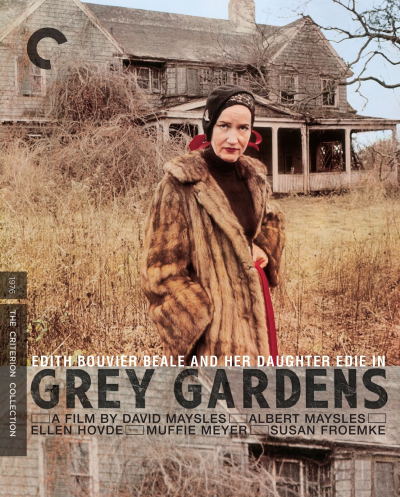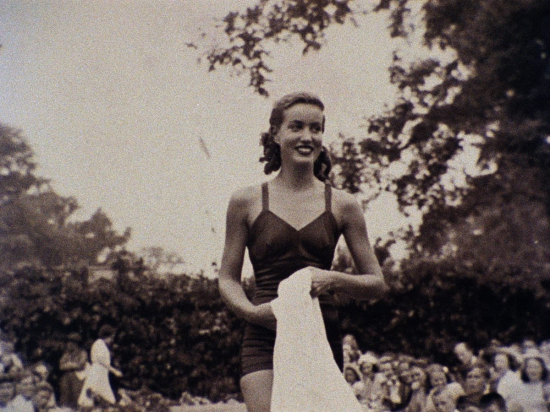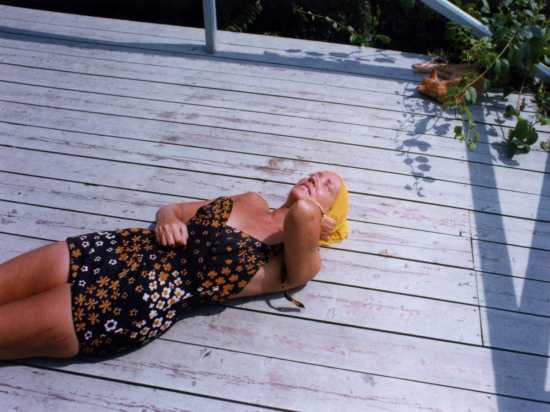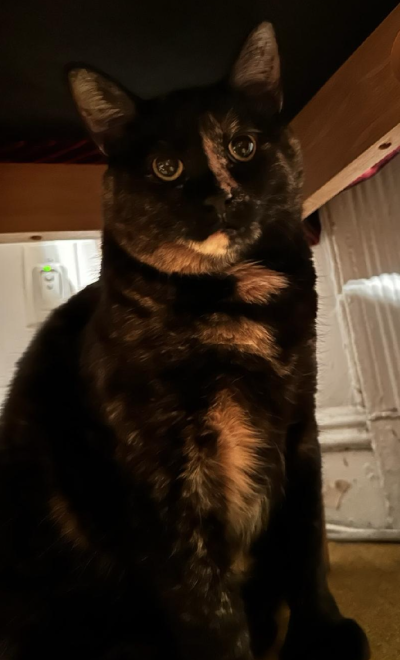Filmmaker siblings Albert and David Maysles's had a flair for stumbling into ripe vérité subject matter. Their 1970 Rolling Stones documentary "Gimme Shelter" was already considered a classic in 1975 when the Maysles spent six weeks filming the footage that would become "Grey Gardens."
True to its Gothic designation, Grey Gardens is a dilapidated 28-room mansion in East Hampton, New York occupied by Jacqueline Bouvier Kennedy's aunt Edith Beale and her similarly named daughter. Both suffer from debilitating mental illness.
The once-grand beachfront estate, where the pair lives out their final days, sits in utter squalor. The home’s previously opulent wall garden is now overgrown with weeds. Although you wouldn't guess it, Jacqueline Onassis and her sister Lee Radziwill cleaned up the disused estate in 1972 after the Suffolk County Health Department threatened to seize the property. None of their efforts are visible.
Less than three years later raccoons, rats, cats, and fleas compete for space at the feet of the aristocratic mother and daughter who hold court on a pair of litter-strewn twin beds. Theirs is a slow motion tragedy of physical and mental entropy.
"Big Edie" breaks into song — she was an accomplished Manhattan singer in her youth — just as often as "Little Edie" slips into lively rants about leaving her mother and Grey Gardens once and for all. Little Edie is never glimpsed without a scarf or towel covering the hair that she complains about losing. When she reads, she uses a magnifying glass that she holds just inches from her eyes. She frequently speaks of things her "faau-thur" told her. Little Edie is a character right out of "The Great Gatsby," or at least she once was.
"Grey Gardens" plays like an all too real version of "What Ever Happened to Baby Jane?" It is a backdoor view into New York's 20th century aristocracy. Dreams have been shattered yet the aging mother and daughter cling to the fraying edges of their current reality and to their memories of better days. Both imagine reentering New York high society someday. Empty cat food cans pile up. Raccoons eat away at the walls.
When Albert Maysles's camera shifts focus to zoom in on the ice cream container that Big Edie eats from, you get the full meaning of cinéma vérité. Nothing is staged, and yet everything is a stage, even a paper cup.
Is it exploitation? Yes, sadly, yes it is.
Rated PG. 94 mins.










